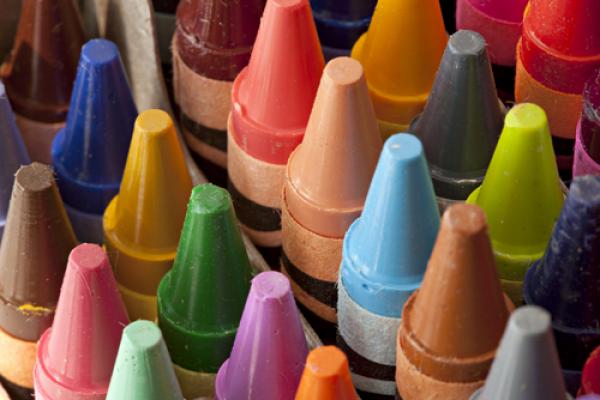A few years ago, I was in a family restaurant that provides drawings for children to color and a bowl full of crayons. Across the aisle was a couple with two young boys. While the parents put in their order, the boys started coloring.
The boy who appeared to be a couple years younger took a crayon and used it, then put it back in the bowl and swapped it for a different color. The older one went about it differently. When he was done with a crayon, he would set it beside him. Soon, he had built up a stash of crayons, some of which his brother needed for his own drawing. The brother complained, and the mother intervened.
You have to share them, she told the older son.
The boy shielded the crayons with his arm and said loudly, "No! These are MY crayons!"
Is there a parent who hasn t had to remind their children that they re not the only ones who matter?
"They re not your crayons," the mother said. "Theyre meant for you to share with your brother."
That moment has stuck with me as a real-life parable about owning and sharing. I thought about it the other day when I saw a bumper sticker on the back of a minivan that said: Don t Share My Wealth, Share My Work Ethic!
Read the Full Article

